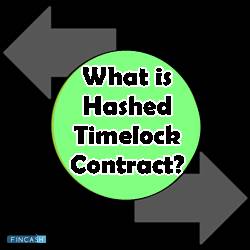Implied Contract
What is an Implied Contract?
The implied contract is a legally-binding Obligation that originates from circumstances, conduct and actions of one or multiple parties engrossed in the agreement. Similar to an express contract, an implied contract comes with the same legal force.

However, this contract type is only assumed to be existing, and no verbal or written confirmation is necessary for this one.
Explaining Implied Contracts
The principles that underlay the implied contract are that no individual should get unjust advantages at the expense of any other person. And, to offer a fair chance, no verbal or written agreement is required under an implied contract.
For instance, the implied warranty is a category of implied contract. When a product is bought, it must be proficient in fulfilling the functioning. Like, an air conditioner must keep the room cool. If not, the seller or the manufacturer have failed to meet the terms and conditions of the implied contract.
Sometimes, an implied contract is tedious to apply, considering that proving the claim’s justice is a matter of an argument, and not of putting forward signed documents. Along with that, certain jurisdictions put restrictions on implied contracts as well.
For instance, a contract for the transaction of Real Estate must have a written backup in some or the other court.
Talk to our investment specialist
Types of Implied Contract
There are two major types of implied contracts, known as implied-in-law and implied-in-fact contracts. An implied-in-law contract can also be known as the quasi-contract. It is the type of legally-binding contract that none of the parties had the intention of creating.
An implied-in-fact, on the other hand, is created by the behaviour or situations of the involved parties. Let’s take an implied-in-fact contract example here. Suppose you enter a restaurant and order food, now the implied contract will be created.
The owner of the restaurant is obligated to serve you, and you are obligated to pay the price. An implied-in-fact contract can also be created by the previous conduct of the involved people. Suppose you visit the same restaurant and the owner gives you two free meals for ordering one.
The next day, you get one free meal for ordering one. And, the third day, when you visit the restaurant, the owner fails to give you any free mail. In this case, you can have a claim that the restaurant created an implied-in-fact contract by providing you with free meals regularly. This turns out to be nothing but a reasonable assumption.
All efforts have been made to ensure the information provided here is accurate. However, no guarantees are made regarding correctness of data. Please verify with scheme information document before making any investment.










